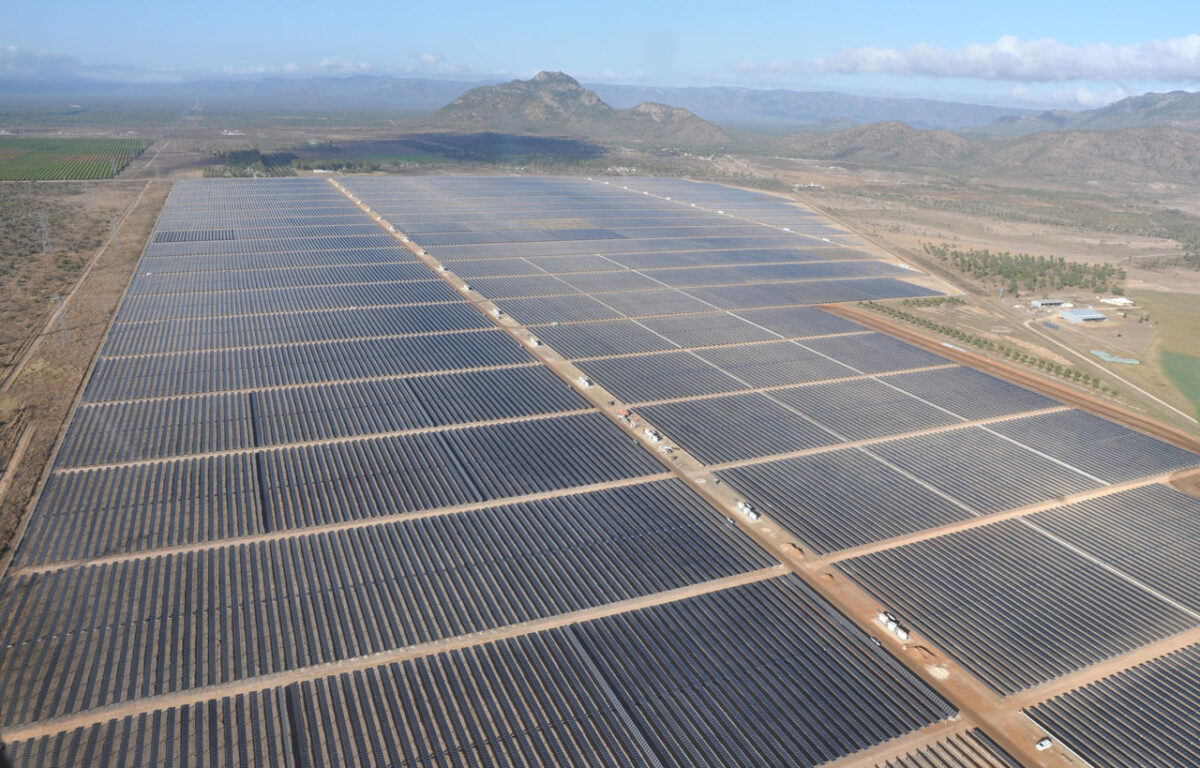The Australian government has confirmed that Victoria will be guaranteed at least 1.4 GW of new renewable energy projects and Tasmania will be assured at least 300 MW in the first national Capacity Investment Scheme (CIS) tender. The tender is expected to open for bids on 31 May 2024, with registrations scheduled to open on 16 May.
The announcement comes after recent deals allocated at least 2.2 GW of the 6 GW produced through the national tender to New South Wales (NSW) while South Australia has been allocated 300 MW. The remaining 1.8 GW of renewable capacity will be allocated to projects across the jurisdictions based on a merit assessment of the projects. The first auction process for Western Australian projects, targeting 2 GWh of dispatchable power through storage for renewables, is expected to open mid-year.
Federal Energy Minister Chris Bown said the agreements with the states will ensure energy security and tackle barriers preventing renewable energy coming online sooner as Australia’s ageing coal-fired power stations shut down.
“Our reliable renewable plans with states and territories are about unlocking and fast-tracking new energy investments in individual states while ensuring a reliable grid,” he said.
“We’re focused on bringing energy prices down and boosting reliability by unlocking massive private investment in reliable renewables across Australia.”
AEMO Limited, which will administer the CIS competitive tender processes on behalf of the federal government, is to provide a market briefing for the total 6 GW tender ahead of the registration of bids process which is scheduled to open next week.
The briefing note provides an overview of the planned key design elements of the tender process, including the proposed eligibility criteria and proposed merit criteria that proponents will be required to satisfy.
The CIS is intended to deliver an additional 32 GW new energy infrastructure, including 23 GW of renewable energy generation and 9 GW of dispatchable storage capacity between now and 2030, in pursuit of Australia’s target of 82% renewable generation by the end of the decade.
Under the scheme, the government will run six-monthly competitive tenders, seeking bids from now through to 2027. Successful projects will be offered contracts in which a revenue floor and ceiling are agreed with the Commonwealth. If the revenue earned by a project exceeds the net revenue ceiling, the owner pays the Commonwealth an agreed percentage of revenue. If revenue falls below a set amount, the Commonwealth would pay the proponent a certain amount.
Tasmanian Energy Minister Nick Duigan said participation in the national tender process will help to harness the state’s renewable energy resources.
“We have a strong renewable energy past, with the CIS assisting to drive our renewable energy future to meet our growing demand and make a meaningful contribution to the national energy transition,” he said.
“I look forward to working with the Australian government to finalise the agreement of the CIS in Tasmania.”
Victorian Energy Minister Lily D’Ambrosio said the tender process will play a key role in the state achieving its renewable energy goals.
“Victoria has done the heavy lifting to drive more cheap renewables into the grid, it’s great to have the Commonwealth Government on board to help us build even more renewable energy projects,” she said.
“We have an ambitious climate action agenda with a target of 95% renewables by 2035, to achieve this we must partner with industry to provide necessary confidence and leverage the huge amounts of private investment required.”
This content is protected by copyright and may not be reused. If you want to cooperate with us and would like to reuse some of our content, please contact: editors@pv-magazine.com.









1 comment
By submitting this form you agree to pv magazine using your data for the purposes of publishing your comment.
Your personal data will only be disclosed or otherwise transmitted to third parties for the purposes of spam filtering or if this is necessary for technical maintenance of the website. Any other transfer to third parties will not take place unless this is justified on the basis of applicable data protection regulations or if pv magazine is legally obliged to do so.
You may revoke this consent at any time with effect for the future, in which case your personal data will be deleted immediately. Otherwise, your data will be deleted if pv magazine has processed your request or the purpose of data storage is fulfilled.
Further information on data privacy can be found in our Data Protection Policy.